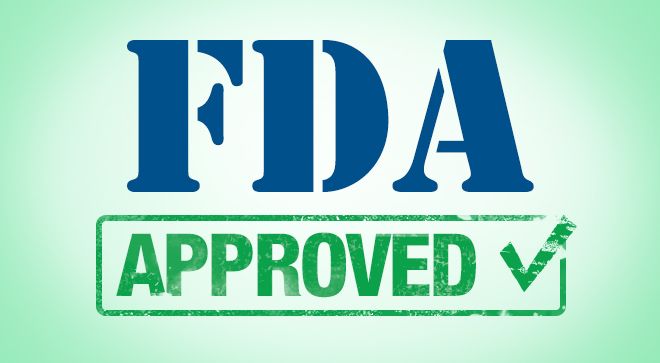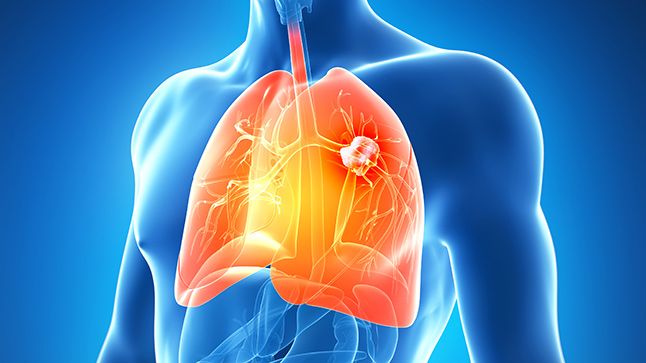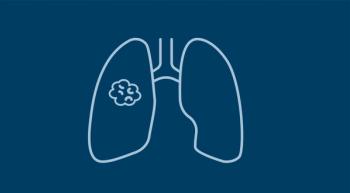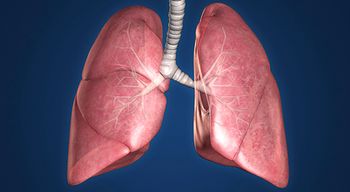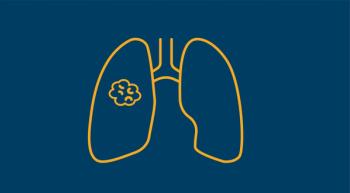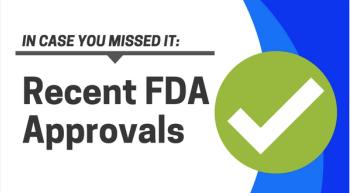9th Annual School of Nursing Oncology™
Beth Faiman, PhD, MSN, APN-BC, BMTCN, AOCN, FAAN, FAPO; Beth Sandy, MSN, CRNP, FAPO; Lindsay Adkins, MSN, FNP-BC, BMTCN; Jeneth Aquino, DNP, FNP-BC; Casey Gormley, MSN, FNP-C, AOCNP; Heather J. Jackson, PhD, FNP-BC; Kelsey Martin, AG-ACNP-BC, AOCNP; Nerina T. McDonald, PA-C; Lauren Verity Moore, DNP, MSN, AGACNP-BC; Faith A. Mutale, DNP, CRNP; Tiffany Richards, PhD, ANP-BC, AOCNP; Emily Skotte, DNP, MSN, ACNP-BC; Leslie Smith, DNP, RN, APRN-CNS, AOCNS, BMTCN; Saneese Stephen, PA-C, MPAS; Sara M. Tinsley-Vance, PhD, APRN, AOCN



